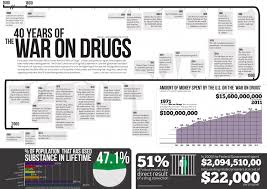What does the war on drugs have to do with the war on abortion? More than you’d think: the anti-choice movement has been successfully using drug laws to give fetuses legal personhood rights for years. Today, 18 states consider drug use while pregnant to be child abuse – a standard that not only punishes pregnant women who need help, but that has profound implications for reproductive rights.
Consider the case of Kenlissia Jones, a 23-year-old woman in Georgia who ordered Cytotec off the internet to end her pregnancy. We don’t know why she didn’t seek out an abortion legally (though it could be because 96% of counties in Georgia lack an abortion provider). What we do know is that, at 5 months, Jones’pregnancy ended in the back of her neighbor’s car en route to the hospital, and that she was arrested soon after for malice murder, a crime that carries the chance of life in prison or the death penalty.
The murder charge against Jones was eventually dropped; Georgia law doesn’t allow for the prosecution of women who end their own pregnancies. For most, the story ends there: reproductive rights activists were understandably relievedand the media moved on to the next story. But the one charge against her that remains – possession of a dangerous drug – underpins a dangerous anti-choice strategy that has gone ignored for too long.
As Lynn Paltrow, executive director of the National Advocates for Pregnant Women told me: “if you don’t address the war on drugs, you can’t address the war on abortion.” Paltrow, whose work, in part, involves cases in which women have been arrested for using drugs while pregnant, says “my head is exploding around this.”

